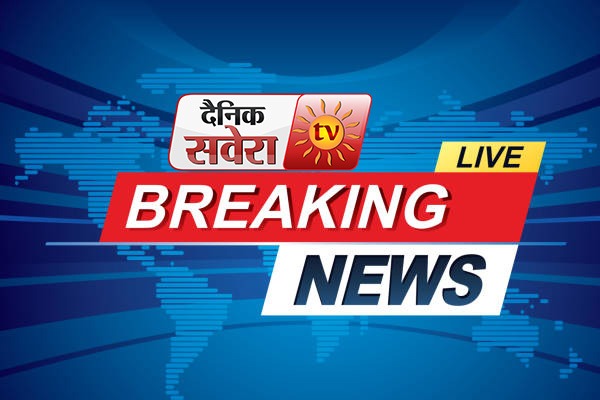
New Delhi: A high-level meeting took place at the Ministry of Home Affairs on Thursday morning in response to the recent terror attack near Pahalgam town in Jammu and Kashmir.
Attendees included Home Secretary Govind Mohan, Intelligence Bureau (IB) Director Tapan Deka, and Chief of the Research and Analysis Wing (R&AW) Ravi Sinha. This significant meeting followed a deadly attack two days prior that targeted a group of tourists in Baisaran meadow, approximately five kilometers from Pahalgam in Anantnag district.
While the specific agenda of the meeting was not publicly disclosed, the involvement of top security and intelligence officials indicates discussions regarding critical national security and internal affairs. The meeting was held one day after the Cabinet Committee on Security (CCS), chaired by Prime Minister Narendra Modi, made crucial decisions in response to the attack.
This incident represents one of the worst assaults on civilians in the region in the past two decades. As part of the fallout, India announced the suspension of the 1960 Indus Water Treaty, downgraded diplomatic relations, and closed the Attari checkpost in reaction to the attack that resulted in the deaths of over 26 civilians.
Investigators have identified five terrorists responsible for the attack, three of whom are Pakistani nationals. The authorities released sketches of the suspected terrorists: Asif Fauji, Suleman Shah, and Abu Talha, along with two locals, Adil Guri and Ahsan. The Ministry of Home Affairs is also expected to transfer the case to the National Investigation Agency (NIA) due to its seriousness, although an official decision on this has yet to be made.
Currently, the NIA is supporting the Jammu and Kashmir Police with the investigation. A team led by a Deputy Inspector General visited Baisaran a day after the attack, where 26 tourists, including one Nepali national, were killed and more than three dozen were injured. The NIA plans to thoroughly assess the attack site, gather forensic evidence, and help identify those responsible.
Union Home Minister Amit Shah, who arrived in Srinagar shortly after the attack, pledged strict action against the perpetrators, stating they “will not be spared.” Meanwhile, security measures have been heightened across the Kashmir region, where gunshots were reported, prompting swift responses from security forces.
The attack occurred around 3 PM on Tuesday when terrorists descended from the mountains in Baisaran valley, opening fire on tourists in an area often referred to as ‘mini Switzerland’ because of its lush green meadows. Authorities used a helicopter to evacuate the injured, and the incident comes as Kashmir is experiencing a resurgence in tourism after years of violence. Notably, the 38-day Amarnath Yatra is set to commence on July 3.
